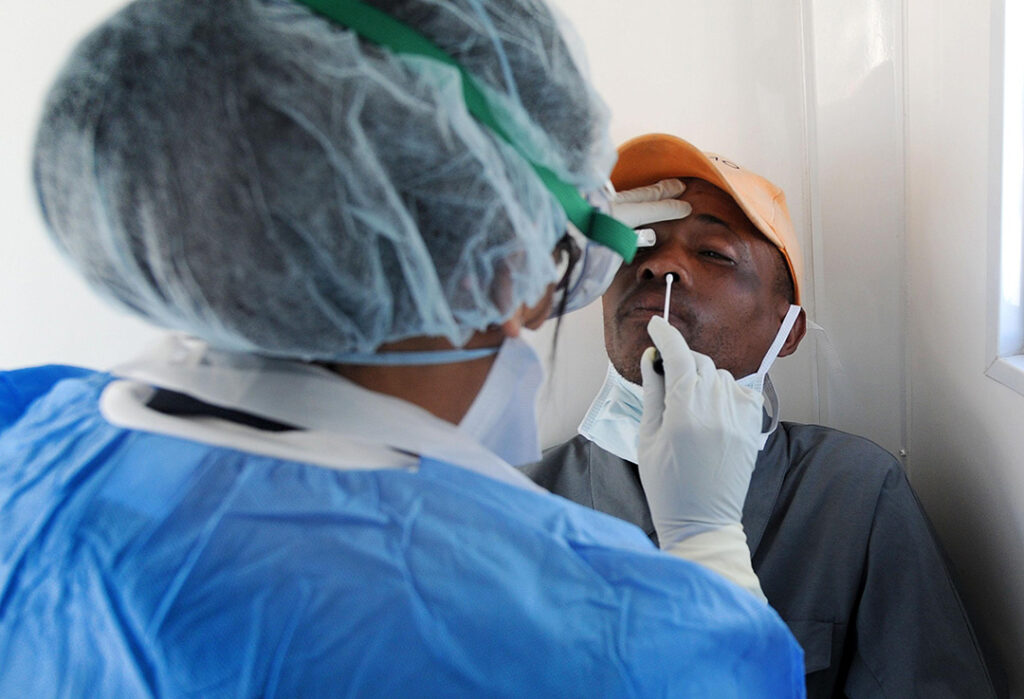ADF STAFF
Across Africa, nearly 11 million people have recovered from COVID-19 infections, but new research suggests that less than one-third of those people may have fully recovered, with the rest at risk of the mix of health problems known as “long COVID.”
“Without effective treatments, long COVID could become a highly prevalent new long-term condition,” Dr. Christopher Brightling, the study’s co-lead at the United Kingdom’s University of Leicester, told Agence France-Presse.
Brightling’s study looked at more than 800 people who were infected with COVID-19 between March 2020 and April 2021. About 29% had fully recovered a year after being infected. Women were less likely to recover completely, as were obese people.
People who spent time on mechanical ventilators were 58% less likely to make a full recovery.
“After each wave of infections, we have people who end up with long-term effects,” Mosa Moshabela, deputy vice chancellor for research and innovation at the University of KwaZulu-Natal, told Newzroom Afrika.
“We don’t know who’s going to get long COVID,” Moshabela added. “You don’t have to have severe covid to get long COVID.”
Long COVID has no set diagnosis. Researchers have found that people suffering from it have reported fatigue, shortness of breath, mental confusion referred to as “brain fog,” and other symptoms.
Long COVID symptoms typically set in soon after the primary infection ends. They can last for four weeks or more. Much like COVID-19 infections themselves, long COVID cases can vary widely from mild to severe.
“It’s true that most people who are infected will not get very sick, but it is impossible to know who will recover quickly and who will have persistent symptoms,” said Dr. Murray Dryden, a former investigator at South Africa’s National Institute for Communicable Diseases.
A team led by Resia Pretorius, head of the science department at Stellenbosch University in South Africa, found that long COVID is connected to the formation of microscopic clots in the bloodstreams of people who recover from infection.
The “microclots” do not break down as they should in a process known as fibrinolysis. Instead, they appear to block oxygen from certain body cells, leading to hypoxia.
“Widespread hypoxia may be central to the numerous reported debilitating symptoms” of long COVID-19, Pretorius wrote in her analysis.
Going forward, long COVID will present a crucial challenge to low- and middle-income countries that lack the resources to diagnose and treat it, Dr. Otto Nzapfurundi Chabikuli, head of the eastern and southern Africa regional office of global health nonprofit FHI 360, wrote in Devex.
“All future plans need to take into consideration long COVID,” Maria Van Kerkhove, World Health Organization technical lead for COVID-19, said during a recent briefing. “We don’t have a full picture of this yet.”

